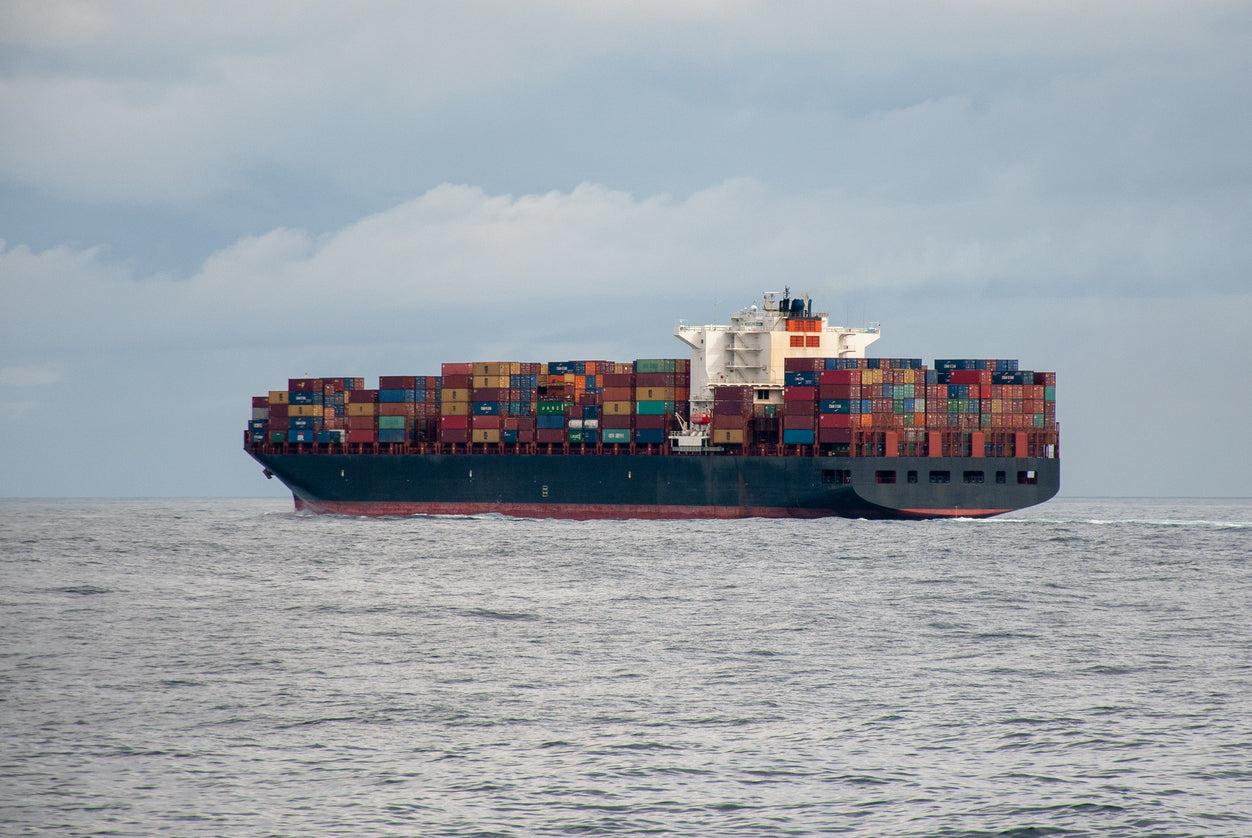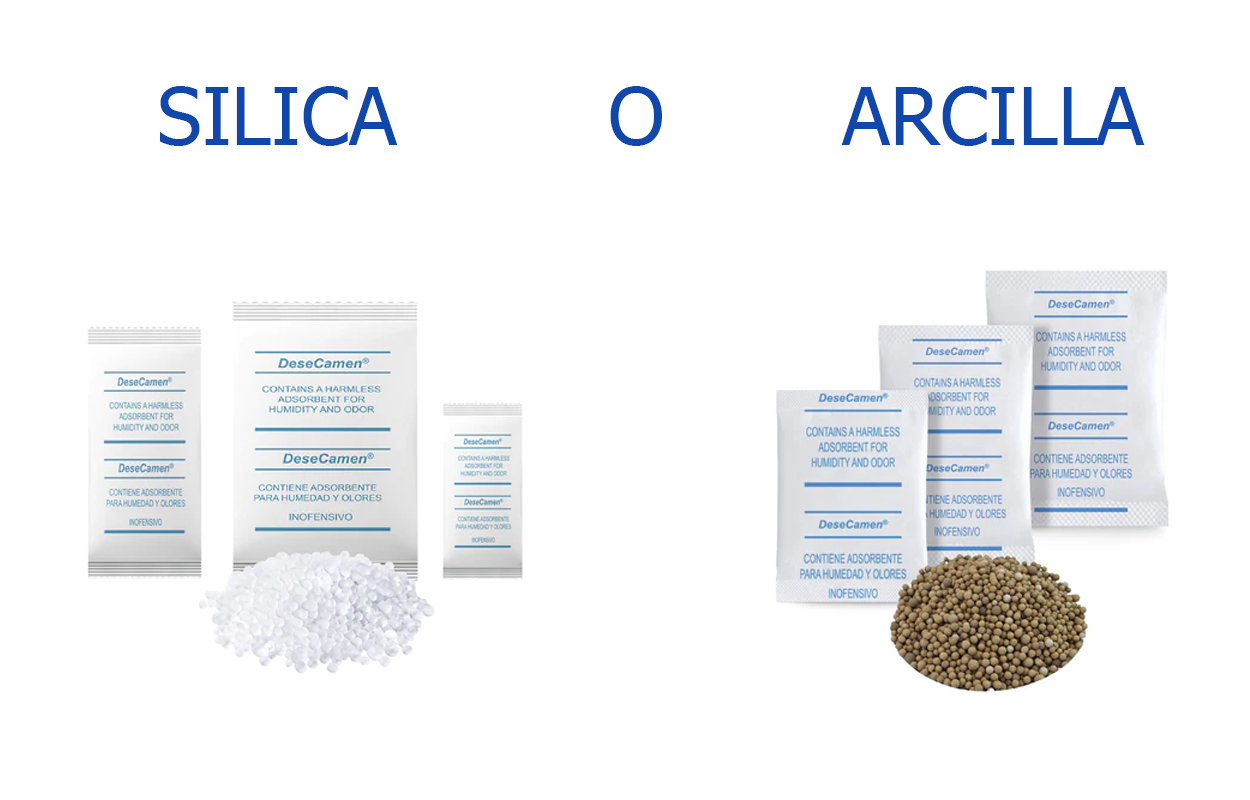In this article, we'll explore the problem of condensation in cargo containers and discover various strategies to control it and protect your goods during transport . Condensation can be detrimental to certain types of moisture-sensitive products and materials, and understanding how to prevent it is critical to ensuring the integrity of your shipments. Join us as we explore the causes of condensation and practical solutions you can implement.
What is condensation in containers? Condensation is the process by which water vapor in the air transforms into liquid water upon contact with cooler surfaces. In the context of cargo containers, condensation can occur when humid air cools upon contact with the cold walls of the container. This can cause liquid water to form inside, which can damage stored products and compromise their quality.
Causes of condensation in containers: Several circumstances can contribute to condensation in containers. Some common factors include:
- Temperature difference: When warm, humid air enters the container and encounters cooler surfaces, such as metal walls, condensation occurs.
- Refrigerated cargo: If refrigerated goods are stored in a container, condensation may occur due to the temperature difference between the inside of the container and the outside air.
- Climate variations: Sudden changes in temperature and humidity during transport, especially when crossing different climate regions, can increase the chances of condensation.
Solutions to control condensation in containers: Fortunately, there are several measures you can take to prevent or control condensation in your shipments. Below are some effective strategies:
- Desiccants: Use desiccants, such as silica gel bags, clay, or other active agents inside the container to absorb moisture and maintain a dry environment. These desiccants are especially useful for moisture-sensitive products, such as electronics and metal products. or food. If you'd like to learn more about this solution, click here.
- Temperature Control : If products require specific temperature conditions, such as pharmaceuticals or perishable goods, be sure to use refrigerated containers or temperature control systems to avoid sudden changes that can cause condensation.
The most common and economically viable option will always be to use desiccants in containers to prevent container rain, but the decision to address this issue depends on each company and its budget. At Camen Química, we are experts in humidity control, specifically in containers. You can contact us and learn about the best solutions for this problem by clicking here.





Leave a comment
This site is protected by hCaptcha and the hCaptcha Privacy Policy and Terms of Service apply.